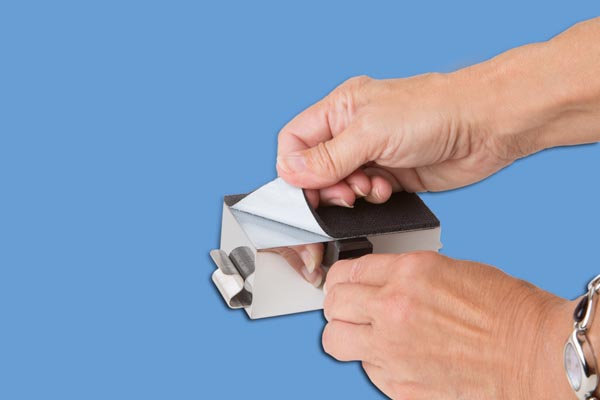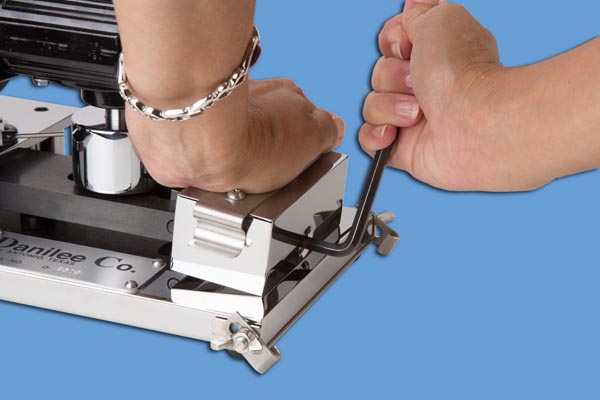Having an informative label is crucial for good packaging. A label comprises all the essential information that can entice a customer to buy a certain product, including the product name, brand name, weight, pictorial markings, bar code, etc. Since a label is a crucial element of packaging, a manufacturer shouldn’t have a scuffed or misprinted label. They need to create a faultless packaging product and ensure the utmost security of the packed item, as well.
Scuffing often occurs when there is friction between two surfaces. This can cause the print to fade due to the abrasion of film or paper. Of course, there are precautions that manufacturers can take to prevent scuffing. But are the precautions really effective in protecting the label or what’s their success rate? Well, this can be ascertained through a test, which can be done when the label is put into a real-life working condition. The test is known as scuff testing.
During transportation or shipping, the packaged materials usually rub against each other. This excessive rubbing may damage the printed information. That’s why manufacturers must make sure that they check the scuff resistance of all materials before transportation. The scuff testing determines the rub resistance ability of the printed material. The scuff resistance tester helps with this. It is user-friendly and well known for giving accurate results within the shortest time possible.
Of course, you don’t have eternity to assess the behaviors of the label. This is why there is a need for accelerated tests. The scuff testing subjects the specimen to constant friction and the results are visually observed. For instance, the test could be to assess the behavior of a printed film after 500 rotations. You simply set the number of rotations and the machine will complete the test in a few hours. The test typically assesses the frictional effect on the test specimen.
How Scuff Testing Works

The test is a motorized assembly and has a plunger arrangement to put two printed sample materials facing each other on a steel plate under continuous rubbing pressure. The scuff resistance tester is arranged in a way that allows it to move in a rotational motion. Because of the continuous friction of the samples, scuffing starts to take place. The operator sets the number of rotations required using a preset counter. Once the test is over, the evaluator will inspect visually the amount of color transferred from a printed material as a result of the constant scuffing. The samples will then be taken for observations. Depending on the test results, further actions may be planned.
Scuff resistance is determined by three different factors:
- The preparation and type of ink/vanish
- Material selected
- The severity of rubbing during handling or transit
Final Thoughts
As you can see, scuff testing is crucial. It is a process that all manufacturers or packaging companies must follow if they want their products to reach the market with the correct details that may not mislead consumers.




